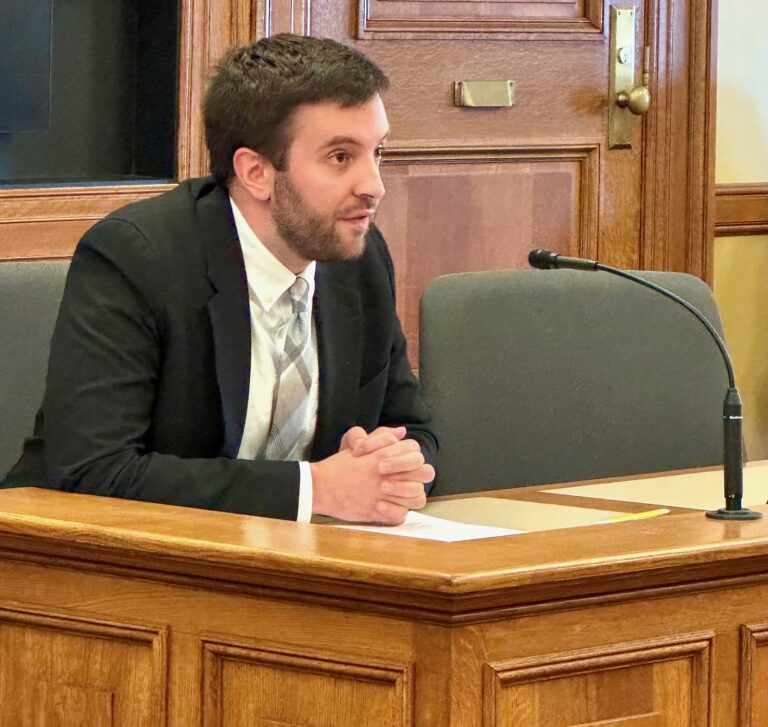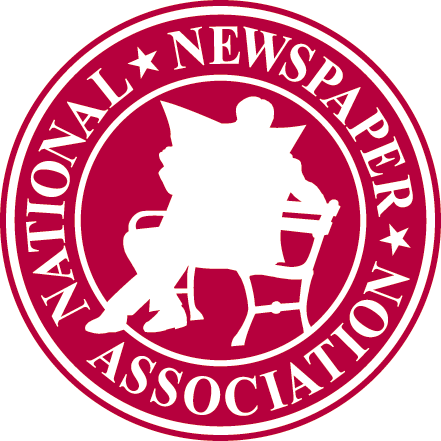Know Your Legal Rights is a bi-monthly column distributed by the State Bar of Wisconsin. It is sponsored by the State Bar of Wisconsin’s Lawyer Referral Service (LRS), which connects Wisconsin residents with lawyers throughout the state. To find an attorney in your area, visit wislaw.org.
By Atty. Zak Wroblewski

Finding your personal images or videos posted online without your permission can be upsetting. Unfortunately, this is becoming more of a problem for people who use platforms like OnlyFans, Twitter, Reddit, and Instagram to promote their work. You may feel angry, embarrassed, or taken advantage of.
Whether the content was taken from a personal account or is part of your professional work—such as photography, music, or digital art—you have the right to have it removed.
Copyright violations affect a wide range of people, from content creators and influencers to artists and musicians. The Digital Millennium Copyright Act (DMCA) provides a legal pathway to take down unauthorized content through a “DMCA takedown notice” or, if necessary, a “cease-and-desist letter.”
However, navigating the removal process can be complicated, especially if your work has been posted across multiple platforms.
What Is a DMCA Takedown Notice?
A DMCA takedown notice is a formal request to a website or platform demanding the removal of copyrighted material. Website owners and hosting services are required to take down copyrighted content if they receive a valid request from the copyright holder. This applies even if the website itself did not upload the material—once notified, the platform is responsible for removal or may face legal consequences.
Most websites outline their takedown request process in their terms of service. This often includes submitting specific forms, providing proof of ownership, and explaining why the use is unauthorized. If the notice is incomplete or formatted incorrectly, the platform may reject or ignore the request. Attorneys can ensure your takedown request meets all necessary requirements so that your content is removed as quickly as possible.
DMCA Takedown vs. Cease-and-Desist Letter
A DMCA takedown notice is a legal process under copyright law that requires websites to remove copyrighted material upon request from the rightful owner. A cease-and-desist letter, on the other hand, is a broader legal demand that can also be used to stop defamation, trademark infringement, or other unauthorized use.
While a takedown notice directly requests content removal, a cease-and-desist letter serves as a warning that legal action may follow if the material is not taken down. If a website ignores a takedown notice, sending a cease-and-desist letter is often the next step before pursuing legal action.
What If a Website Ignores a Takedown Request?
Most platforms comply with DMCA takedown notices, but some, particularly adult content sites and offshore hosts, may delay or refuse removal. When this happens, website operators can be held legally responsible for copyright infringement.
Legal options in these cases may include:
- Sending a cease-and-desist letter demanding removal and warning of legal action.
- Filing a copyright infringement lawsuit, which may result in financial damages against the website operator.
- Working with search engines to de-index stolen content, making it harder to find online.
Consequences for Websites That Ignore Copyright Laws
Websites that fail to remove copyrighted material can face serious penalties. Courts have awarded significant financial damages to copyright owners when a website refuses to take down stolen content after a valid request.
Search engines like Google may also de-index non-compliant sites, making them nearly invisible in online searches. Additionally, payment processors and ad networks may sever ties with these platforms, cutting off revenue sources. In extreme cases, repeat and intentional copyright violations can lead to criminal charges, fines, or imprisonment.
Why Legal Assistance Can Help
While the DMCA takedown process may seem simple, different websites have their own rules for submitting requests. If a single video or image has been reposted across multiple platforms, handling each removal request individually can be overwhelming. Mistakes in formatting, missing documentation, or failing to follow platform-specific rules can result in delays or rejections.
A legal professional familiar with DMCA enforcement can help by ensuring takedown notices are properly formatted, handling communication with website administrators, and taking further legal action if necessary.
Zak Wroblewski is an associate attorney practicing civil litigation with Gimbel, Reilly, Guerin & Brown, LLP in Milwaukee. To find an attorney near you, visit wislaw.org.



